p-Dichlorobenzene
Town of Culpeper
p-Dichlorobenzene is a carcinogenic insecticide used in mothballs, and added to deodorant blocks made for trash cans and toilets. Long-term exposure can cause liver damage and kidney problems.
Samples
Samples exceeding legal limit (MCL)
Samples exceeding
health guidelines
Testing results - average by year
| Year | Average result | Samples taken | Detections | Range of results |
|---|---|---|---|---|
| 2014 | ND | 4 | 0 | ND |
| 2015 | ND | 5 | 0 | ND |
| 2016 | ND | 5 | 0 | ND |
| 2017 | ND | 2 | 0 | ND |
| 2018 | ND | 8 | 0 | ND |
| 2019 | ND | 6 | 0 | ND |
ppb = parts per billion
State and national drinking water standards and health guidelines
EWG Health Guideline 6 ppb
The EWG Health Guideline of 6 ppb for p-dichlorobenzene was defined by the California Office of Environmental Health Hazard Assessment as a public health goal, the level of a drinking water contaminant that does not pose a significant health risk. This health guideline protects against cancer.
EPA Maximum Contaminant
Level (MCL) 75 ppb
The legal limit for p-dichlorobenzene, established in 1987, was based on toxicity studies conducted in laboratory animals in the 1980s. This limit may not fully protect against the risk of cancer due to p-dichlorobenzene exposure.
ppb = parts per billion
All test results
| Date | Lab ID | Result |
|---|---|---|
| 2014-02-12 | E131102720 | ND |
| 2014-02-12 | E131102735 | ND |
| 2014-02-12 | E131102768 | ND |
| 2014-07-15 | E140608831 | ND |
| 2015-01-20 | VA010-DCLS | ND |
| 2015-04-02 | VA010-DCLS | ND |
| 2015-07-01 | VA010-DCLS | ND |
| 2015-09-11 | VA010-DCLS | ND |
| 2015-10-13 | VA010-DCLS | ND |
| 2016-01-04 | E151204937 | ND |
| 2016-04-19 | E160400309 | ND |
| 2016-07-18 | E160700208 | ND |
| 2016-07-18 | E160700196 | ND |
| 2016-10-31 | E161003712 | ND |
| 2017-01-17 | E161201174 | ND |
| 2017-07-17 | E170602402 | ND |
| 2018-01-22 | E171202488 | ND |
| 2018-04-16 | E180305027 | ND |
| 2018-05-16 | E180305052 | ND |
| 2018-07-17 | E180602831 | ND |
| 2018-07-17 | E180602847 | ND |
| 2018-07-17 | E180602849 | ND |
| 2018-10-16 | E180805338 | ND |
| 2018-10-16 | E180805343 | ND |
| 2019-01-15 | E181203748 | ND |
| 2019-01-15 | E181203753 | ND |
| 2019-04-16 | E190306540 | ND |
| 2019-04-16 | E190306559 | ND |
| 2019-07-16 | E190604186 | ND |
| 2019-11-04 | E181203744 | ND |
